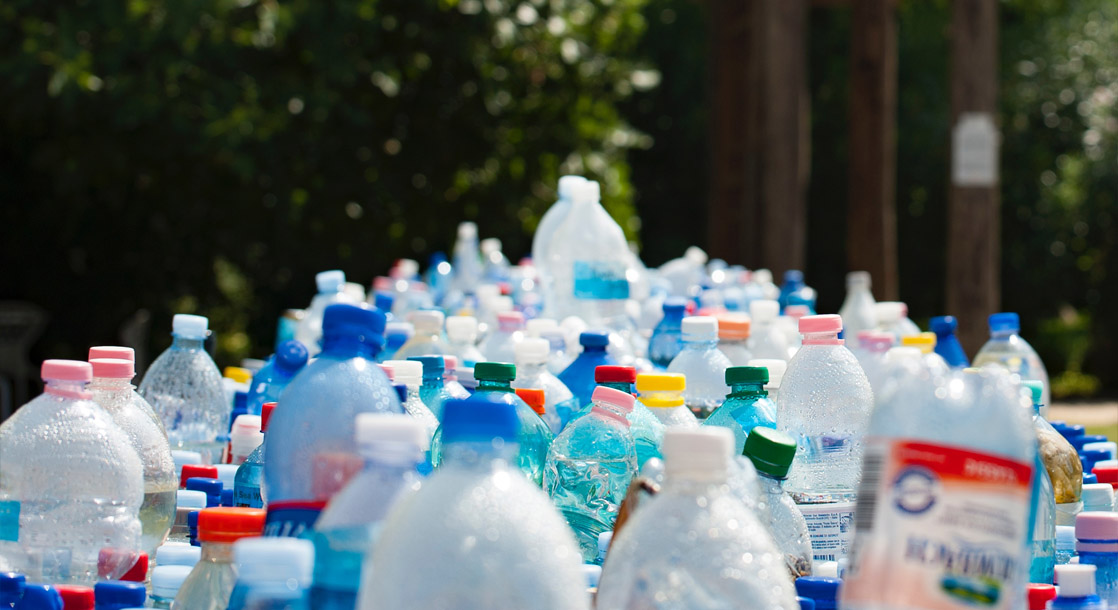A German research project, led by the prestigious Fraunhofer Institute, is currently developing a new generation of sustainable bioplastics using hemp and flax fibers.
The project, called DuroBast, uses plant fibers to reinforce plastic composites. According to a group press release, “bast fibres are to be used in the production of thermoplastically formable, natural fibre-reinforced plastics and hereby enable the industrial use of renewable raw materials for a wide range of applications.” The applications they’re currently exploring are for plastic automotive parts such as doors, bus parts, and sports equipment, namely snowboards.
The project brings together several of Germany’s industrial and research heavyweights, including Dräxlmaier, Gustav Gerste, Hübner, the Institute for Textile Technology at RWTH Aachen, the Leibniz Institute for Composite Materials, the Nova Institute, Rhenoflex, silbaerg, Wagenfelder Spinnereien, and Dortmund University.
So, why hemp? According to DuroBast, they want to utilize the “entire hemp plant,” not just its seeds and flowers which are valued for “medical and food applications.”
Right now, most biodegradable plastics are made from a compound called polylactic acid (PLA), which is usually derived from corn. Although PLA is biodegradable, compostable, and recyclable, it tends to be much weaker than traditional plastics such as polypropylene or polyurethane. To strengthen PLA-based plastics, manufacturers reinforce the material with plant-based fibers such as hemp or flax, which will also biodegrade with the PLA. The only drawbacks to using plant fibers and PLA are the costs to manufacture — which can be reduced as production methods become refined — and the use of fertilizers to grow corn, hemp, and flax crops.
The planet is struggling to deal with our plastic waste output. According to the nonprofit environmentalist group Ocean Generation, each year, humans generate more than 420 million metric tons of plastic waste, and less than 10% of this waste is recycled. Much of this waste ends up in our oceans, which have congregated into literal islands of floating plastic trash. Plastic waste that happens to breakdown from sunlight, oxygen, and bacterial exposure becomes microplastics, which end up in our water and even our own bodies. The effects of microplastics are still being studied, but some scientists suspect they may wreak havoc on our hormone activity and may even cause cancers.
For now, DuroBast is using non-biodegradable polypropylene to make its bioplastics. Although polypropylene, which is used for all sorts of plastics such as films, packaging, and electronic parts, isn’t naturally biodegradable, it can be made biodegradable with specific additives. DuroBast is experimenting with its hemp-polypropylene bioplastics to see if their lightweight, durable materials can replace both conventional plastics and metals used in vehicles and sports equipment.
DuroBast isn’t the only company doing this, either. Earlier this year, One World Products, a company led by retired NBA legend Isiah Thomas, is producing hemp-based bioplastics for the car maker Stellantis, which owns and operates brands such as Jeep, Dodge, Chrysler, and Citroën.
Other hemp-based materials projects include making construction materials from hemp, such as concrete bricks or sidings for houses.
Will hemp save the planet? By itself, probably not. But even reducing global greenhouse gas emissions by a measly 1% is a huge start.
Cover image via











